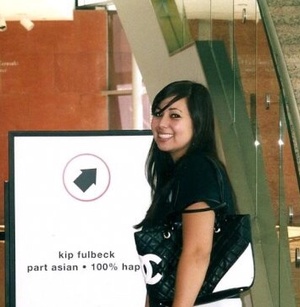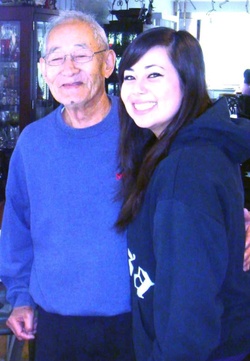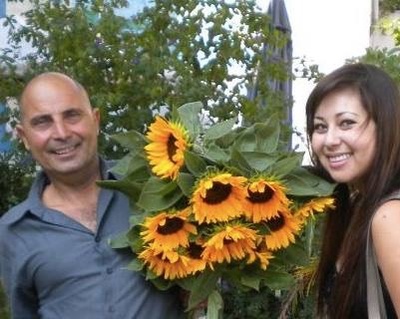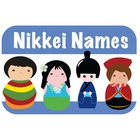I grew up resenting my name. It was too ethnic, too different, too confusing.
My mother is a third-generation Japanese American. My maternal grandparents were children of Japanese-speaking farmers who had emigrated to the United States before WWII and subsequently were interned (at the same camp, no less). My mother and her siblings do not speak Japanese nor do they have Japanese names because, according to my late grandfather, they were Americans. And this is not Japan.
My late father was a proud Italian who never sought U.S. citizenship because, to him, no other country in the world is as magnificent as Italy. When my parents met and married, my mother left California, leaving behind everything and everyone, to move to Italy. She was completely immersed in the culture and came to speak perfect Italian. Five years later, she became pregnant with me, and it was arrivederci to Rome!
My parents returned to California, ready for a new chapter.
Naming me was a challenge. Mom wanted a Japanese name for me, but my father could not correctly pronounce the names she had in mind.
At the time, my father was reading a book with a character named Noemi. He loved it and shared the name with my mother, who delighted in the fact that it had the Japanese name “Emi” in it. So it was decided: I would be Noemi Jean, the middle name Jean as an homage to my father’s lifelong crush on Marilyn Monroe.
Living with the name Noemi has been a battle. People can't accurately pronounce it. Some even insist that my name is Naomi. To them, Noemi simply isn't a name. In reality, Noemi is actually the Latin version of Naomi, which means “charming and pleasant.”
Phonetically, my name is pronounced “No-Emmy.” I usually say, “My name is Noemi. Just think: no Oscar, NO-Emmy!” Sometimes that little quip does the trick. However, then I find myself being peppered with an onslaught of questions such as, “Wow, where did your parents come up with that?” or “I know someone named Noalani. Are you Hawaiian?” On the rare occasion when someone pronounces my name correctly, they are usually Hispanic.
(Even though the Hispanic version of Noemi has a different accent. Instead
of “No-Emmy,” it’s “No-eh-ME.” But still, I’ll take that over Naomi any day.)

I refer to myself as Emi. My mother has always called me Emi. My brother has never called me Noemi. I introduce myself as Emi, but my father never called me Emi. He said that wasn’t my name. To him, Emi is a nickname for Emilio. So there you have it, even in my own family, my name elicits a variety of reception.
It doesn’t help that I don’t “look” like an Emi, if there’s such a notion. People usually think I'm Hispanic or Persian. Very rarely do people accurately guess that I am half Japanese, which I am proud to call myself.
I’d be lying if I said that my name has had nothing to do with who I am. A name is an identity, not a label. My name is my own, a testament to the brilliant product of my racial makeup. Being Noemi is idiosyncratic just as identifying as Nikkei is. For once, long ago, when love and two beautiful cultures intertwined, they gave life to Noemi. And in the course of my life—through my actions, words, and experiences—I’ve given life to Emi.
© 2014 Noemi Onelli
Nima-kai Favorites
Each article submitted to this Nikkei Chronicles special series was eligible for selection as the community favorite. Thank you to everyone who voted!










